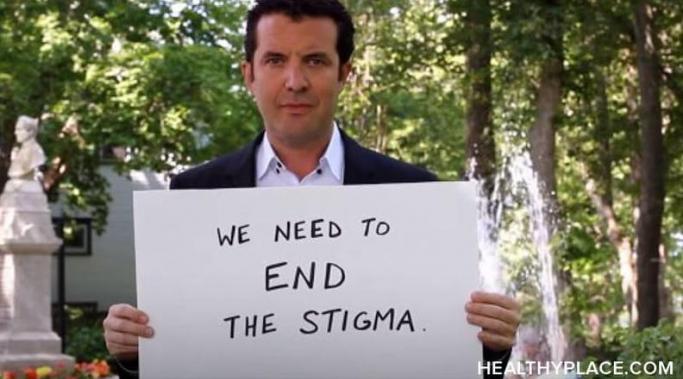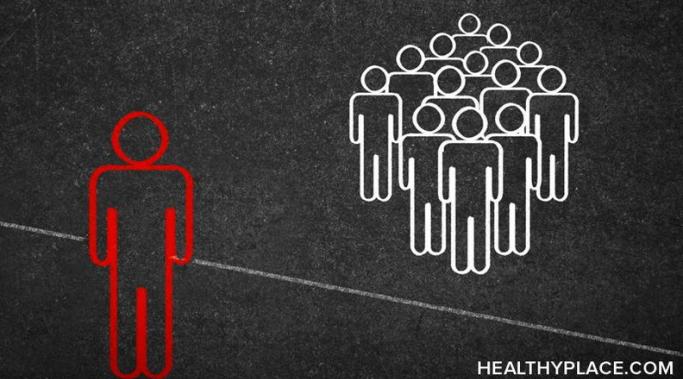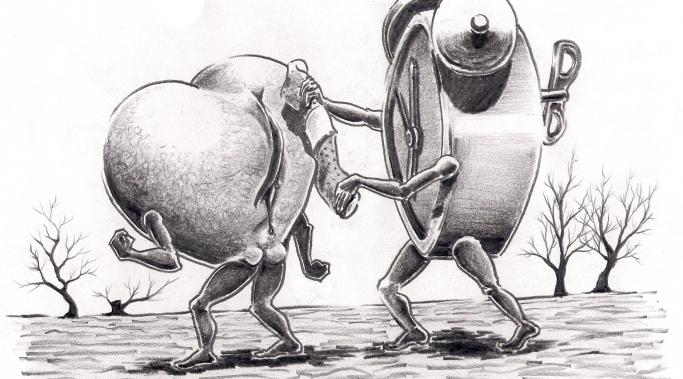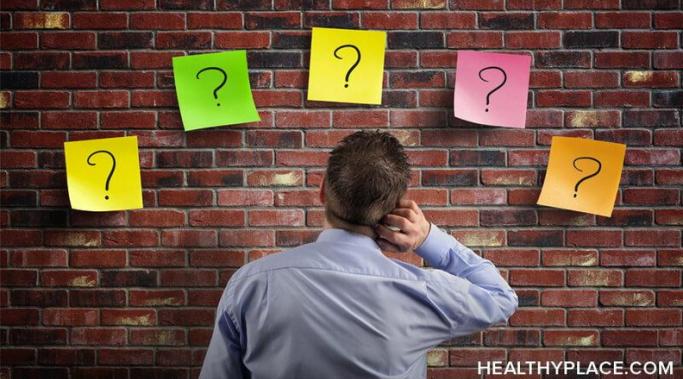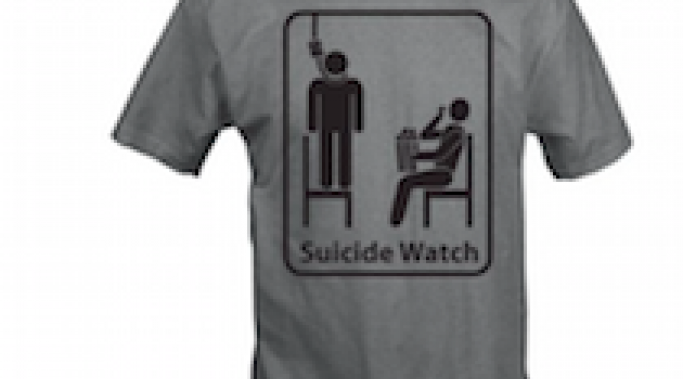Stigma, as defined at dictionary.com is a mark of disgrace or infamy. Not all stigma is from others; sometimes stigma comes from within. When a person is ashamed because they have a mental illness of just about any kind, often because of negative opinions of others, they may try to hide their problem and not seek proper treatment. This effect is known as self-stigma and can be a barrier to relationships, employment, and especially proper mental health treatment.
Impact of Stigma
Hi, my name is Leif Gregersen and I am excited to be starting a new position as your mental health blogger on the Surviving Mental Health Stigma blog. I was diagnosed with a mental illness at the young age of 14 and was bullied and ashamed of my condition. I remember having a very difficult time returning to school after a hospitalization and convincing my dad that I didn’t need pills. As a result, over the next four years, I became much sicker and my life only got worse. It is my hope that I can help people to have a better understanding of mental illness and overcome stigma. I strongly feel this is an essential step in recovery.
You can feel depression and happiness together. When I dealt with my first severe bout of depression from my early to late teens, the best way to describe it would have been an all-encompassing darkness. It was the stereotypical, everything sucks versions of depression that we so often see in media, fiction and on the Internet. As many of us know, however, that’s not the only form of depression there is. So why are we only presented with this version of it? Why aren't we presented with happiness and depression together?
When it comes to gun violence, mental illness is most of the time an assumed precursor for that violence -- this stigma teaches fear. When mass shootings take place, especially in the U.S., the assailant typically is found to have been suffering from posttraumatic stress disorder, depression, schizophrenia, bipolar disorder – pretty much the staple mental illnesses that popular media knows. When that diagnosis isn’t present, the dig for it begins. News media heavily stigmatizes mental illnesses in this way which lead to fear and the assumption that all mental illnesses will lead to gun violence.
Handling a job with a mental illness can lead to stigma. To say that mental illness can make a job more challenging would be an understatement. Not only are there the challenges of actually completing a day’s (or night’s) work, of deciding how open to be about your mental illness with your boss or supervisor, and trying to figure out how many sick days are acceptable before you’ll get fired, but there are also a number of work-related challenges outside of the workplace. There is mental illness stigma around handling a job.
There’s no denying mental illness stigma is a year-round occurrence, but, sometimes, different points in the year make that stigma feel more poignant (What Is Stigma?). Summer is one of those times because it boasts good weather and longer days, and, typically, people encourage each other to be outside. It’s time to “enjoy the weather” so to speak, but that’s not always so easy. Summertime mental illness stigma can be a problem.
We’re pretty obsessed with time and how its passing affects mental illness. We look at the amount of time we’ve suffered from mental illness and the amount of time we’ve recovered (Another New Year With Mental Illness). We use time to gauge how far we’ve come and how far we have to go. We use it to commend ourselves for how long we’ve been fighting. This obsession with time affects mental illness, but time does not heal mental illness.
I wish to address the good and bad of mental health self-diagnosis after my last blog post Destigmatizing Self-Diagnosis of Mental Illnesses due to the response I’ve gotten. I knew from the moment I thought of writing that blog I would be faced with a large amount of disagreement, and although I didn’t receive as much as I had expected, it was still present. So here is, more or less, a response to everyone who commented and probably even some of those who didn’t on the good and bad of mental health self-diagnosis.
Sometimes corporations promote mental health stigma. I saw an example of this recently and knew I had to write about it. Corporations may not know they promote mental health stigma but sometimes they do it anyway.
I recently read a blog written for Healthy Minds Canada, titled Getting Bad Again and this made me realize how much mental health stigma affects our personal stories. The piece, written by Emma Holden, broached a subject I find myself dwelling on. What she wrote about was how as bloggers, as writers, and as people dealing with mental health issues, we tend to only discuss things in the past tense. We talk about that time we were sick, but how now we’re in a much better place. In her post, she says, “It’s a lot harder to open up and admit something you are currently dealing with.”1
I agree. I also think there are pretty distinct reasons as to why: mental health stigma affects our personal stories.
